How can CFOs unify Business, Finance, AR, AP, FP&A & Controllership functions?
Chapters
Key Takeaways
- Alyssa’s journey as a CFO and leading finance across multiple functions
- Lessons from her experience in large-scale M&A, including a $50B transaction
- Challenges in ERP implementation and A/R automation
- Strategies for improving collections and reducing DSO
- How AI is transforming finance, from automation to decision-making
Speakers
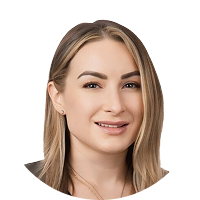
Guest Speaker
Alyssa Shadinger
CFO, Sisense

Hosted By
Amartya Singh
CEO & Cofounder, FinFloh
Episode Transcript
Amartya Singh: Hi, Alyssa.
Alyssa Schadinger: Hi, Amartya! How's it going?
Amartya Singh: All great. How is your day looking?
Alyssa Schadinger: Just getting started here on the East Coast. So far, so good.
Amartya Singh: Great, Alyssa. Thanks for joining the podcast. Hello everyone! I'm your host, Amartya Singh, co-founder and CEO of FinFloh, a product built by and for modern finance teams using AI and automation. We are back with the sixth episode of our podcast, Inside the CFO Office, an exclusive channel for finance professionals to learn about the journeys of finance leaders, the challenges they have faced and solved, and most importantly, their take on the future of finance.
In today's episode, we are super excited to have Alyssa Schadinger with us as a guest to share her journey. Alyssa is an MBA graduate from Wharton and holds a Bachelor's degree in Finance and Accounting from Stockton University. She has over a decade of experience in finance, accounting, strategy, and audit, having worked with companies of varying sizes and industries.
Currently, Alyssa serves as the CFO at Sisense, a leading embedded analytics platform. Prior to Sisense, she held various finance leadership roles at Akamai, Linode, Deloitte, and many other firms. As a CFO, she has worked across domains including business finance, AR, AP, FP&A, and controllership—all of which we’ll explore in today's podcast.
On a personal note, I’ve had some great discussions with Alyssa about the finance ecosystem, her experience with finance technology, and how her insights have helped shape use cases like credit risk scoring and accounts receivable automation for FinFloh. So, without further ado, let’s kickstart the podcast. Welcome, Alyssa!
Alyssa Schadinger: Thank you so much for that lovely introduction, Amartya. And thank you for having me on today. I’m really excited about our conversation.
Amartya Singh: Thanks, Alyssa. It’s a pleasure to have you here. Let’s dive right in. Your journey has been fascinating, moving from a corporate accounting intern to audit, and eventually to the CFO seat. It’s clear that your experience has been diverse and filled with challenges. How has your journey been so far?
Alyssa Schadinger: Well, I’d say it’s been a winding road to the CFO office. My first foray into accounting or finance was as an accounting intern when I was just 17 years old. It was through a school-to-careers program in high school, and I worked for a local telecom company. That experience was somewhat serendipitous because I initially planned to study psychology in college. However, this internship sparked an interest in business, so I decided to pursue finance and accounting instead.
In college, I particularly enjoyed taxation courses, but when it came time to start my career, the best offers I received were for audit roles. So, I joined WeiserMazars, a regional public accounting firm, as an auditor for about two years. Then came the first pivot in my career: I transitioned into business operations and internal audit consulting at Productivity. Over the next three years, I gained exposure to areas like supply chain management and regulatory compliance.
Later, I joined the Pine Hill Group and Deloitte, focusing on IPO readiness and M&A deal advisory projects. One of the most memorable projects I worked on was Takeda Pharmaceuticals' $50 billion acquisition of Shire Pharmaceuticals. It was incredible to see a deal of that magnitude and assist with listing Takeda publicly in the U.S.
Eventually, I moved into the tech space. I joined Linode, a growth-stage infrastructure-as-a-service company, as their corporate controller and was later promoted to oversee FP&A and BI. That experience was invaluable, as I helped the company scale and navigate a $900 million acquisition by Akamai Technologies. Following this, I joined Sisense as VP of Finance and, after about a year, was elevated to CFO. It’s been an incredible journey, filled with pivots and learnings.
Amartya Singh: That’s such a remarkable path, Alyssa. One thing that stands out is the variety in your roles—audit, consulting, controllership, and FP&A. As a CFO, you’ve worked across different dimensions of finance. For aspiring CFOs, how important is it to gain diverse experiences like these, and what skills or traits should they focus on developing?
Alyssa Schadinger: I think diverse experiences are essential. Early in my career, I had a mentor who advised me to get exposure across different areas of finance and accounting. It’s important to be a generalist who knows enough about different areas to ask the right questions and recruit strong team members to fill in gaps. You don’t need to be an expert in every domain, but you need to have a comprehensive understanding of how they connect and contribute to the bigger picture.
Curiosity and the willingness to ask questions are critical. I like to say you need to be "dangerous enough" to engage in meaningful discussions across tax, accounting, FP&A, and analytics. Beyond that, building strong teams is crucial. A good leader recognizes their strengths and weaknesses and surrounds themselves with people who can complement their skills.
Amartya Singh: I love that—being "dangerous enough" and fostering curiosity. It’s so important to have that holistic view and to connect the dots. Now, let’s shift gears a bit. You mentioned your involvement in M&A deals, including the $900 million Linode-Akamai transaction. What were your key takeaways from that experience, especially in terms of negotiations, integration, and cultural alignment?
Alyssa Schadinger: Great question. One key takeaway is the importance of being a storyteller. As a finance professional, you need to articulate the company’s strategy and financial story in a way that resonates with potential acquirers. You’re essentially explaining what makes the business successful and how a combined entity can achieve even greater success.
When it comes to negotiations, transparency is surprisingly effective. People often think negotiations are just about price, but in large deals, factors like culture and strategic fit matter just as much. For example, in the Linode-Akamai transaction, culture was a top priority for Linode’s founders. Akamai’s people-centric approach made them a perfect fit, and that alignment played a significant role in the success of the deal.
Integration is another critical aspect. Beyond the financials and systems, it’s about aligning people and processes. Culture clashes can derail even the most strategically sound deals, so it’s essential to address those challenges early.
Amartya Singh: Absolutely. Storytelling and cultural alignment are often overlooked but can make or break a deal. Let’s talk about finance technologies. You’ve worked with various tools—from ERP systems like NetSuite to expense management platforms. What’s your take on the build-versus-buy decision for finance software, and how do you approach it?
Alyssa Schadinger: The build-versus-buy decision depends on the company’s stage, complexity, and available resources. For instance, at Linode, we transitioned from QuickBooks to NetSuite to handle multi-entity, multi-currency operations. Given our lean team, we opted for off-the-shelf tools like Divvy for expense management and NextTravel for travel booking.
At Sisense, we already had a mature tech stack, including Salesforce, NetSuite, and Expensify. However, we streamlined operations by replacing Coupa and Expensify with Ramp, which offered significant cost savings and efficiency gains. Ultimately, the decision boils down to understanding your current needs, budget, and internal expertise.
Amartya Singh: That’s insightful. Before we wrap up, let’s touch on AI. How do you see AI shaping the future of finance, and have you implemented any AI-driven solutions at Sisense?
Alyssa Schadinger: AI is a game changer. At Sisense, we’ve built a finance chatbot using ChatGPT to provide quick access to financial insights. Our CEO, who is based in EMEA, can now query the chatbot for real-time data like top customers or revenue concentration by industry. This has reduced reliance on static reports and improved efficiency.
Looking ahead, we’re exploring ways to integrate our chatbot with Sisense’s data analytics platform for real-time updates. AI has immense potential to streamline processes, reduce errors, and enable more strategic decision-making in finance.
Amartya Singh: That’s fascinating. Alyssa, thank you for sharing your journey and insights. It’s been a pleasure having you on the podcast.
Alyssa Schadinger: Thank you, Amartya. It’s been a great conversation. To all the listeners, feel free to connect with me on LinkedIn or check out Sisense for cutting-edge analytics and insights. I just want to say thank you again for having me on the podcast.
Amartya Singh: Thank you so much, Elisa, for joining us on today's podcast. And a big thank you to all our listeners for tuning in. We hope this episode has added value to your understanding of what you can expect in your future and what steps you need to take moving forward. Stay tuned for the next episode, and once again, thank you for being with us.
Take care, and goodbye!
Latest Episodes
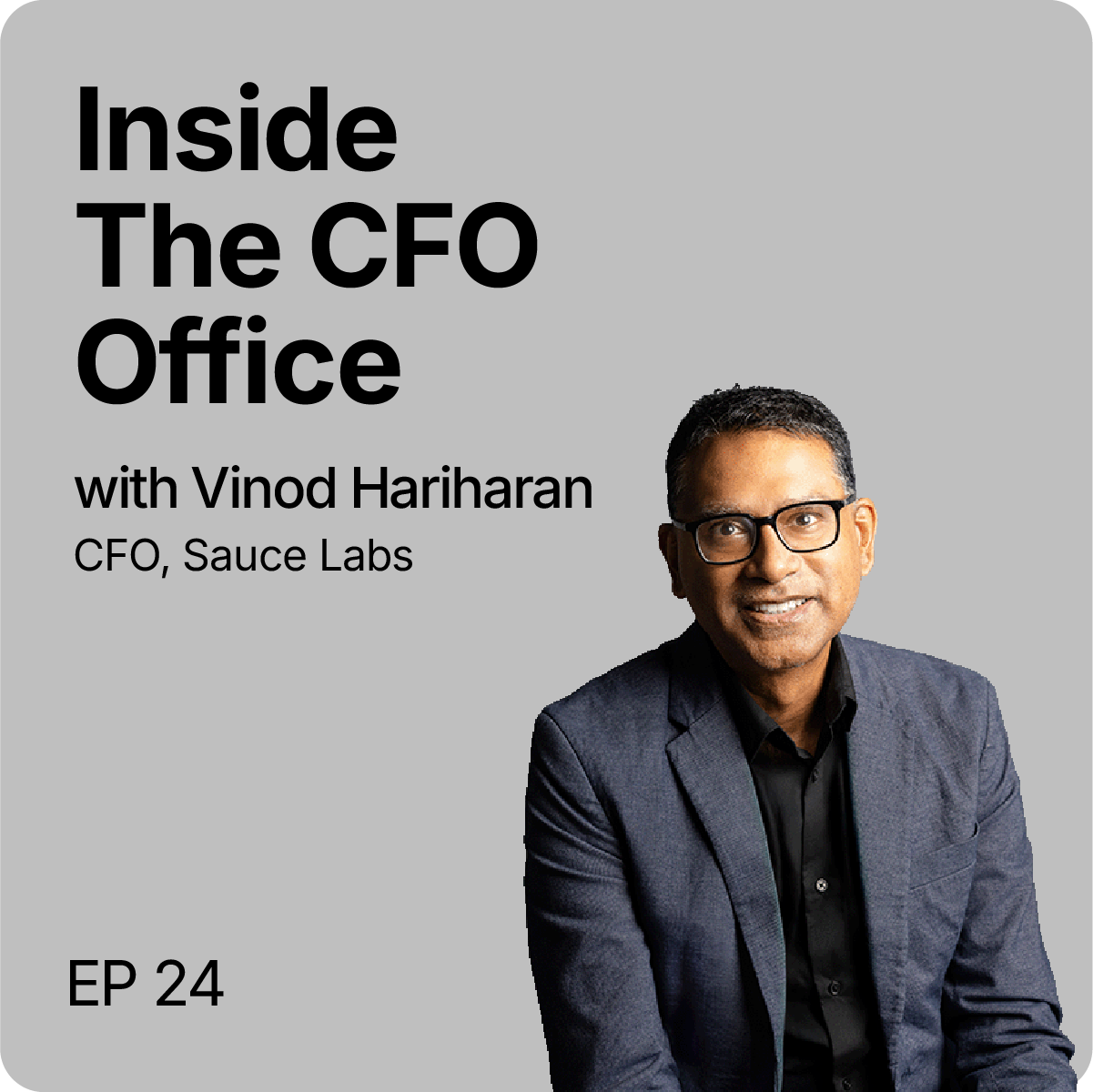
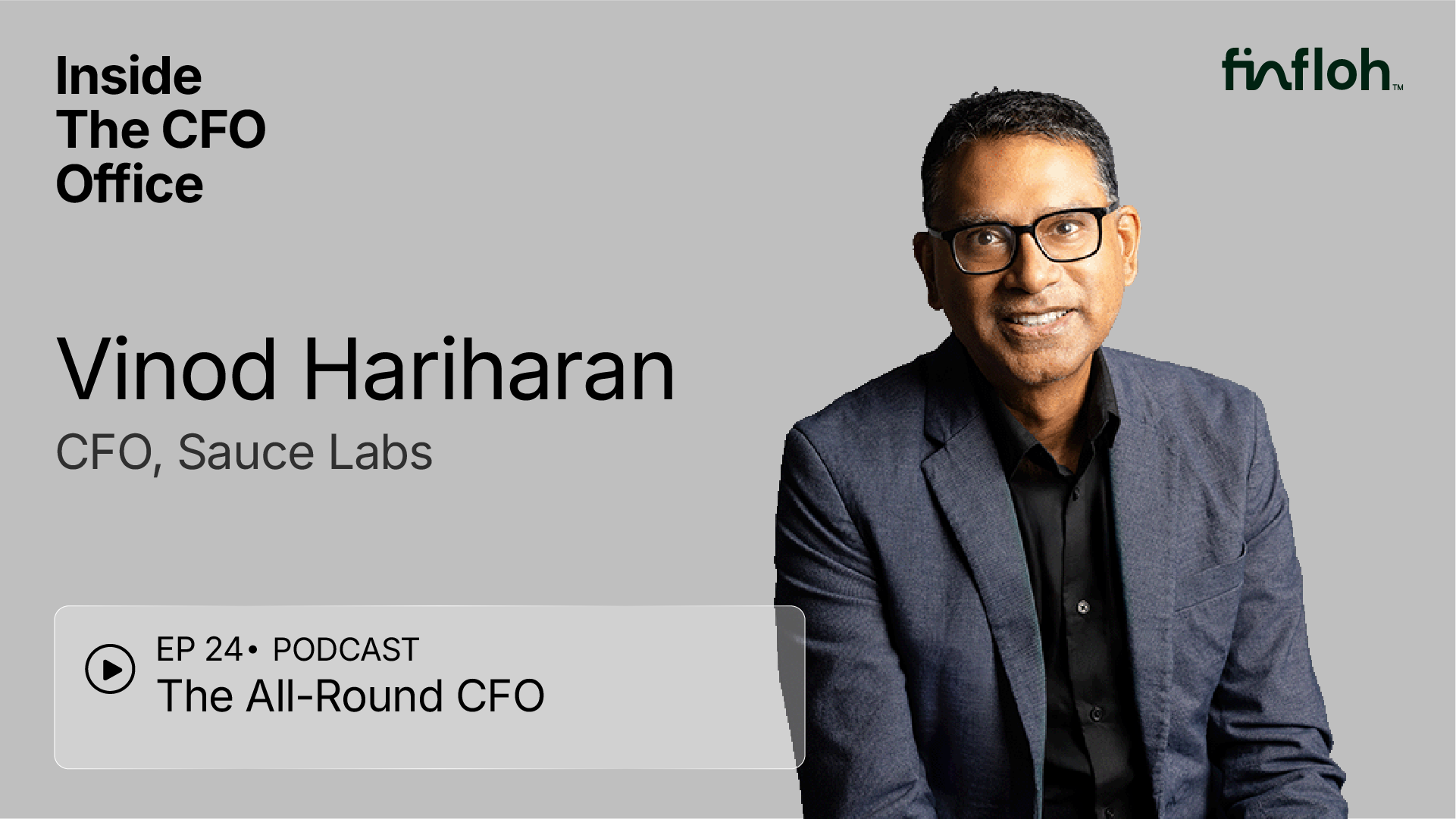

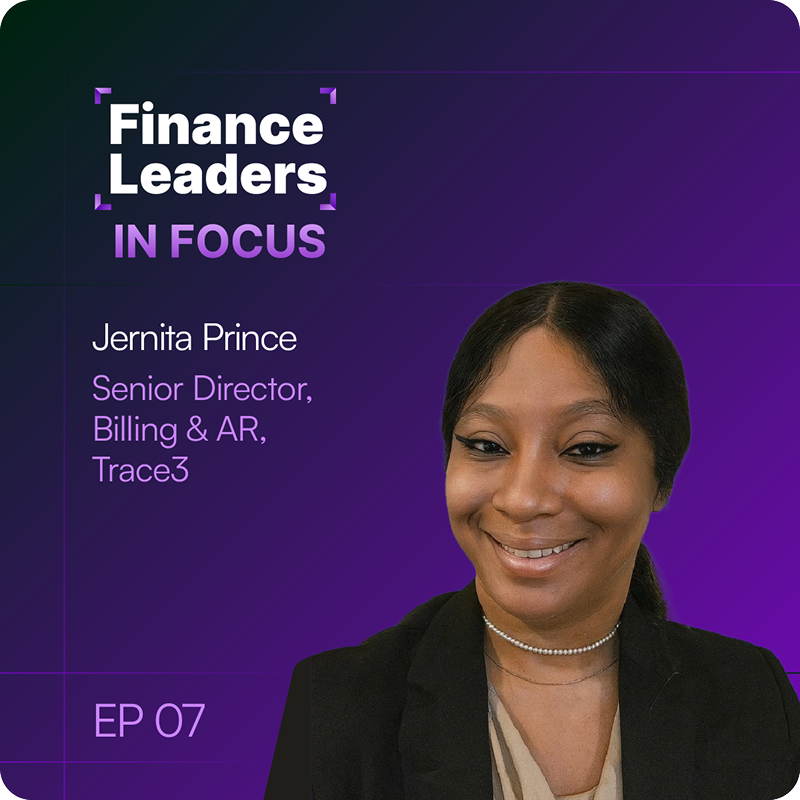
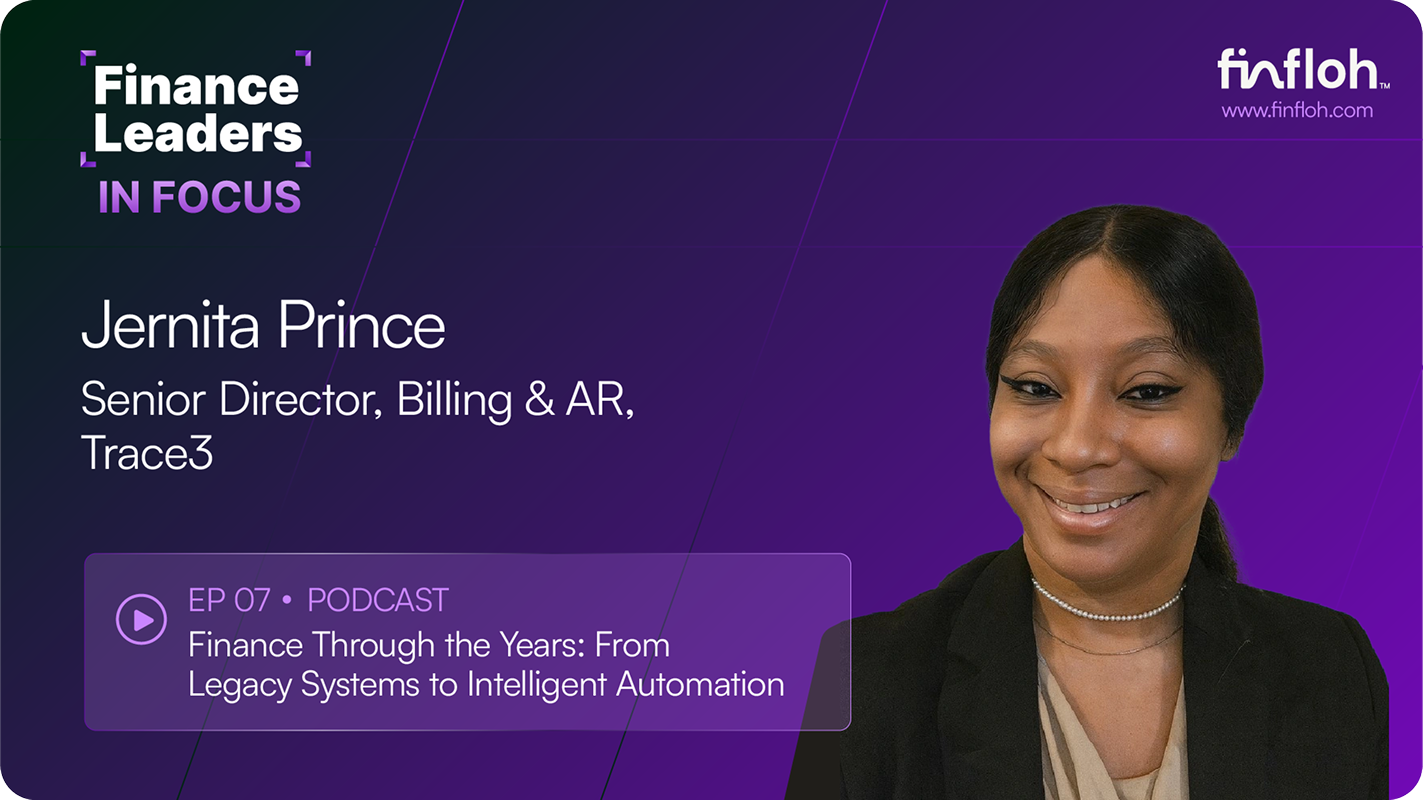

Explore the Full Potential of FinFloh
Supercharge Your Receivables Performance